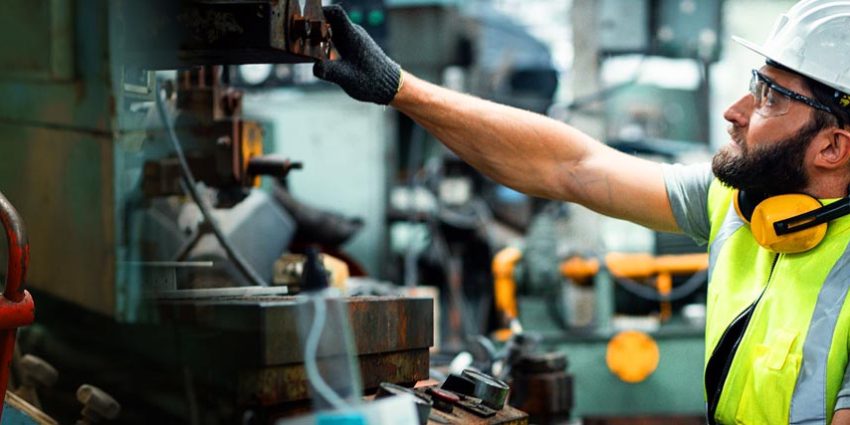In the ever-evolving landscape of manufacturing, staying competitive often hinges on embracing technological advancements. Among these, automation stands out as a transformative force. But is automation the key to your production success? Let’s explore how automation is revolutionizing the world of manufacturing.
The Rise of Automation
Automation in manufacturing isn’t a new concept, but its capabilities have expanded exponentially in recent years. From simple mechanized processes to advanced robotics and AI-driven systems, automation has evolved to offer unprecedented efficiency, precision, and scalability.
Efficiency and Productivity
One of the primary benefits of automation is its efficiency. Automated processes are significantly faster than manual ones and can operate continuously without fatigue. This increase in speed and uptime can lead to a substantial boost in overall productivity. For example, a study revealed that implementing robotics can increase production output by up to 25%.
Consistency and Quality
Automated systems offer a level of consistency that is hard to achieve with human labor. They follow precise specifications and reduce the risk of errors, leading to higher-quality products. This consistency is crucial in industries where even minor deviations can have significant consequences.
Cost Savings in the Long Run
While the initial investment in automation can be significant, the long-term savings are substantial. Automation reduces labor costs and minimizes the likelihood of costly errors. Furthermore, it can lead to savings in utility costs, as many automated systems are designed with energy efficiency in mind.
Job Transformation
A common concern with automation is the potential impact on jobs. While it’s true that automation can replace certain manual tasks, it also creates new roles and opportunities. Jobs in programming, maintenance, and system design become more crucial, and employees have the opportunity to upskill to these new roles.
Customization and Flexibility
Modern automated systems offer a level of customization and flexibility unseen in earlier models. They can be programmed to handle a variety of tasks and easily reconfigured for different production lines, making them ideal for businesses that handle a range of products.
Conclusion
Automation is undoubtedly a key factor in revolutionizing production processes. It offers efficiency, consistency, and long-term cost savings, along with the flexibility to adapt to various manufacturing needs. However, the decision to automate should consider the specific requirements and readiness of your business. It’s not just about having advanced technology; it’s about leveraging it to achieve your unique production goals. So, is automation your key to success? The answer lies in aligning technology with your strategic objectives.

